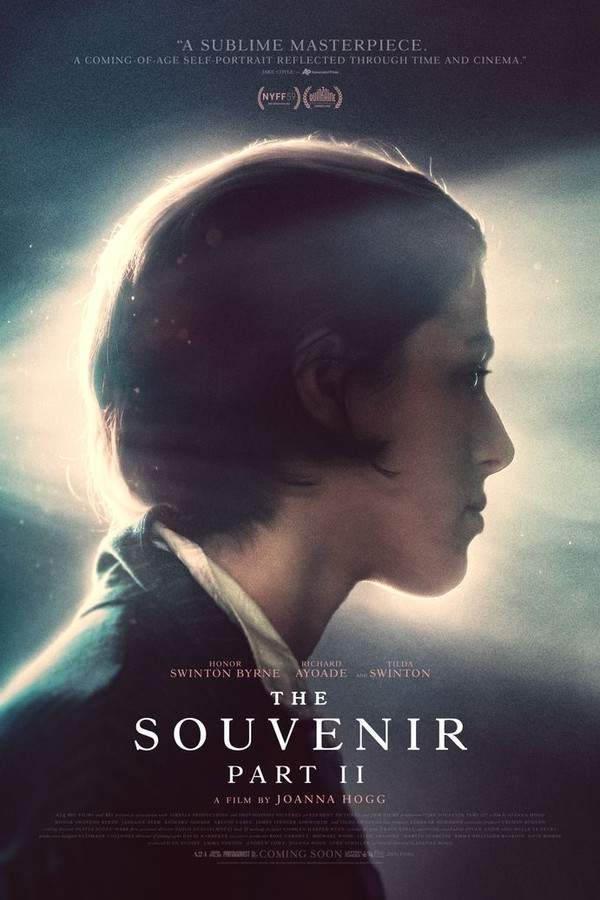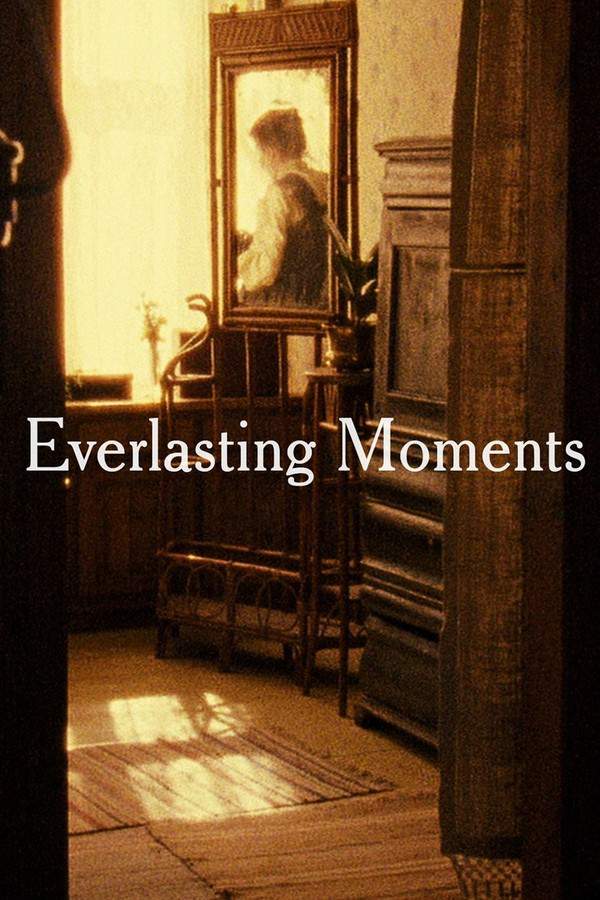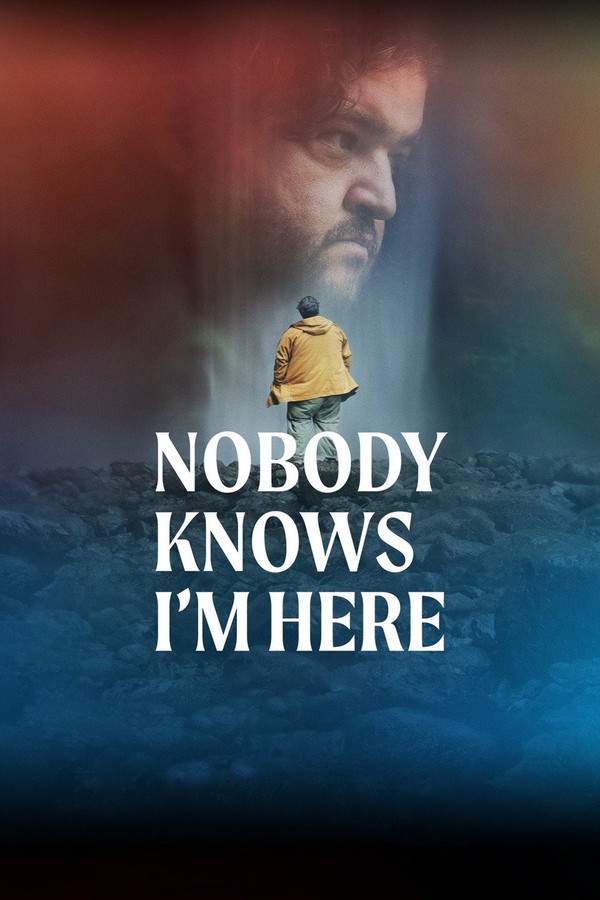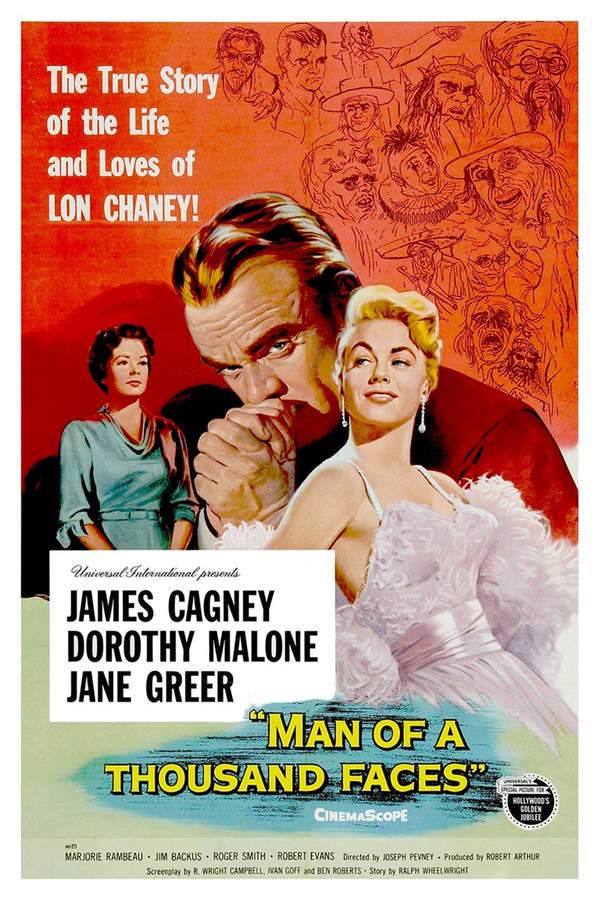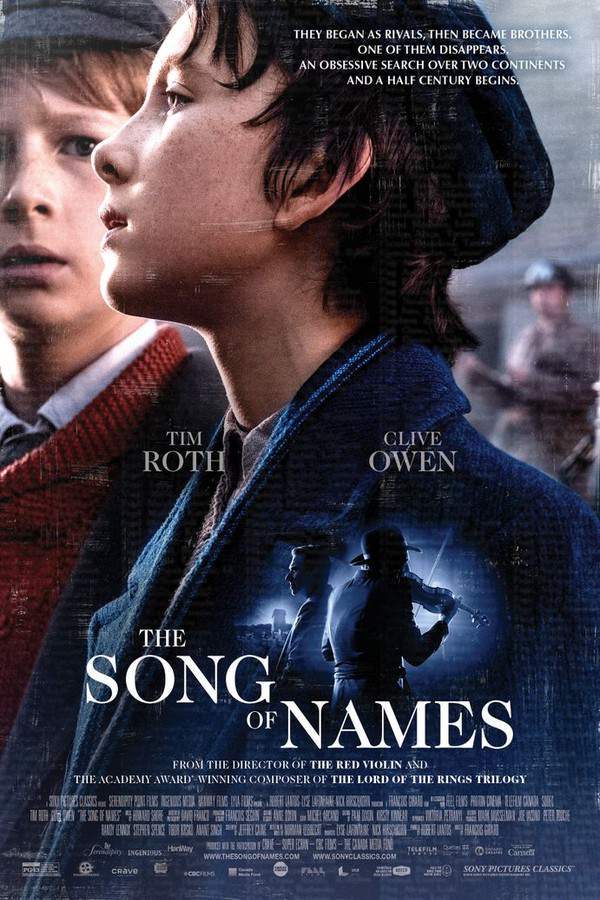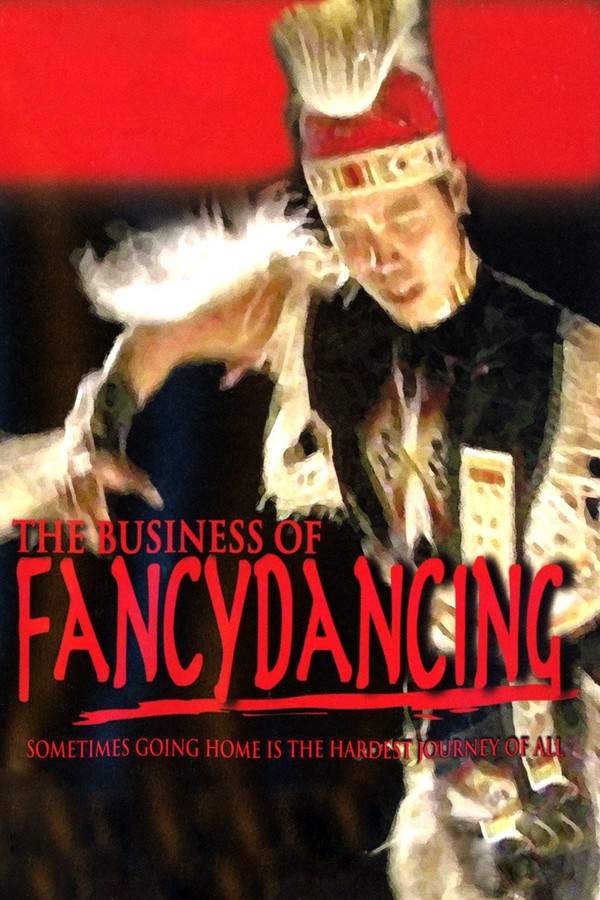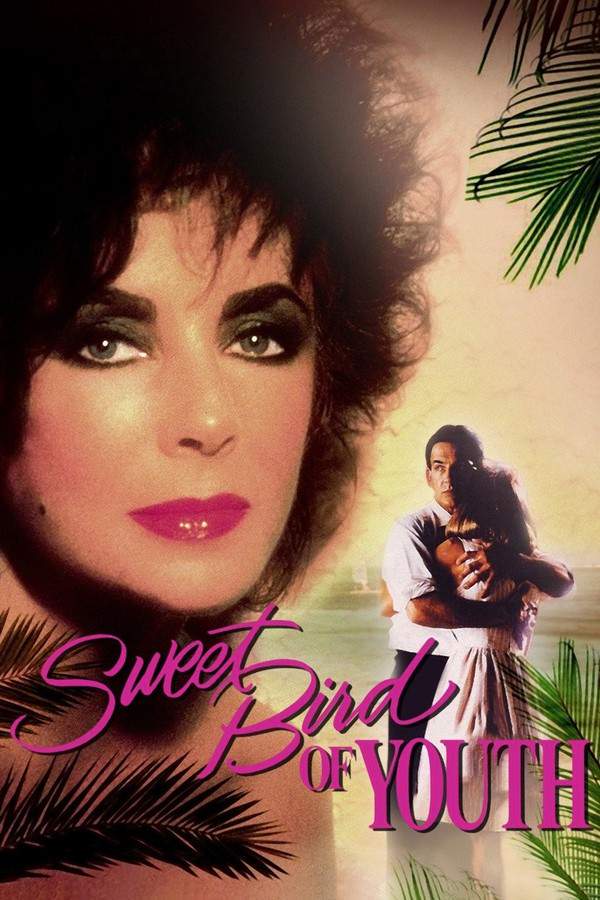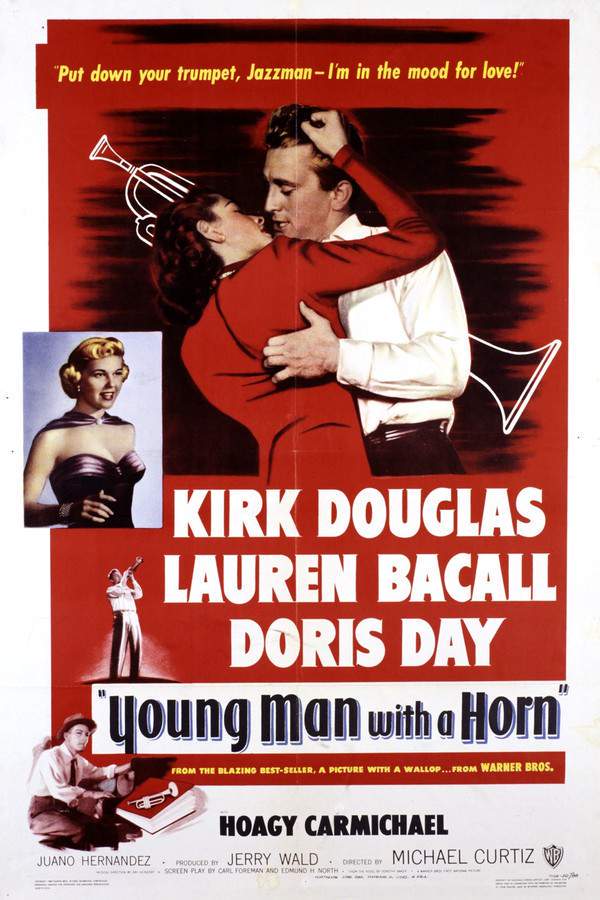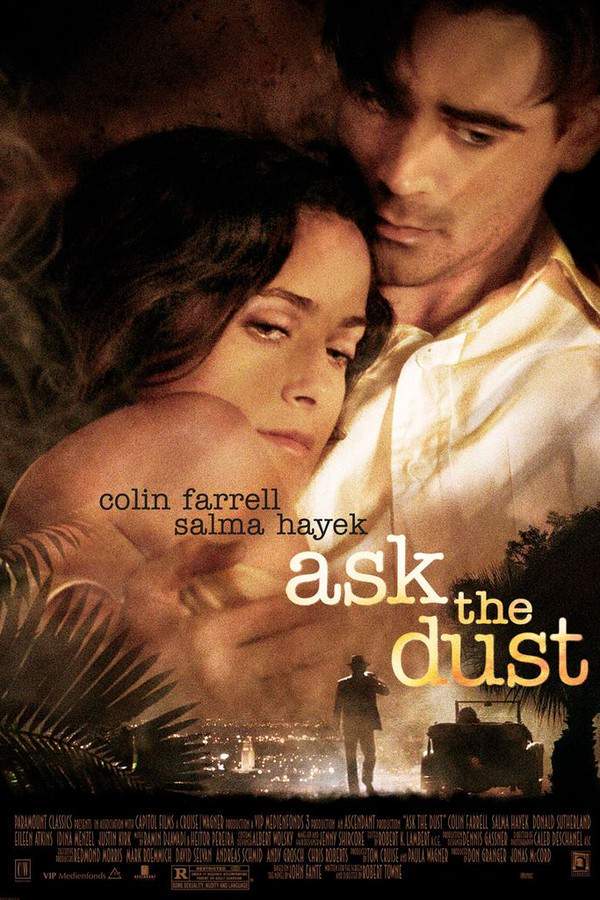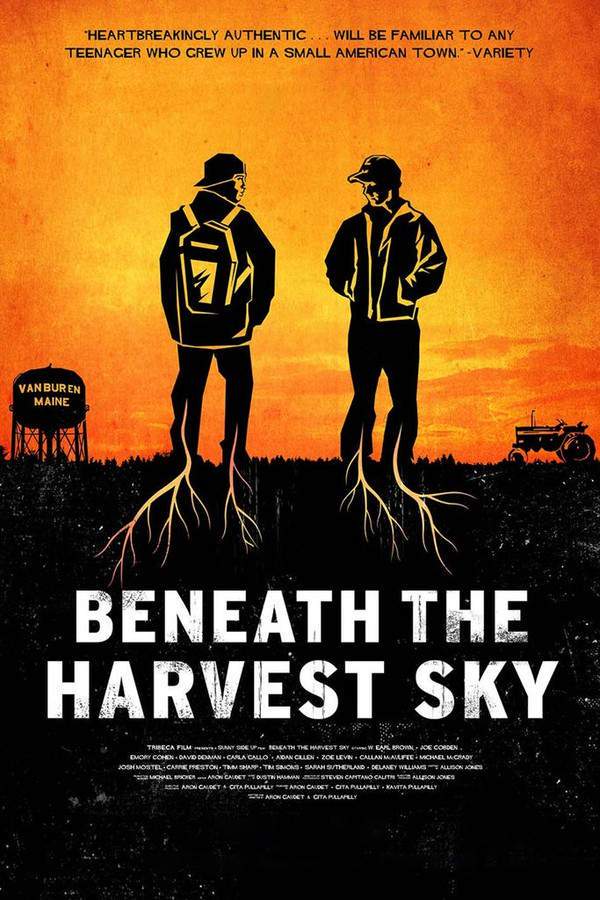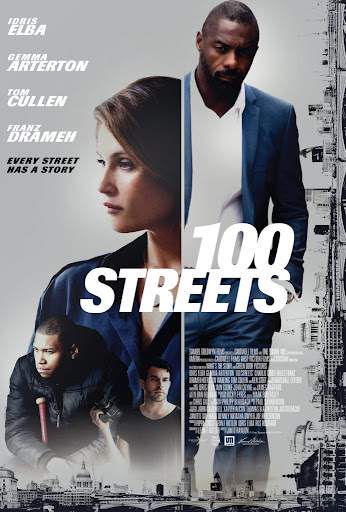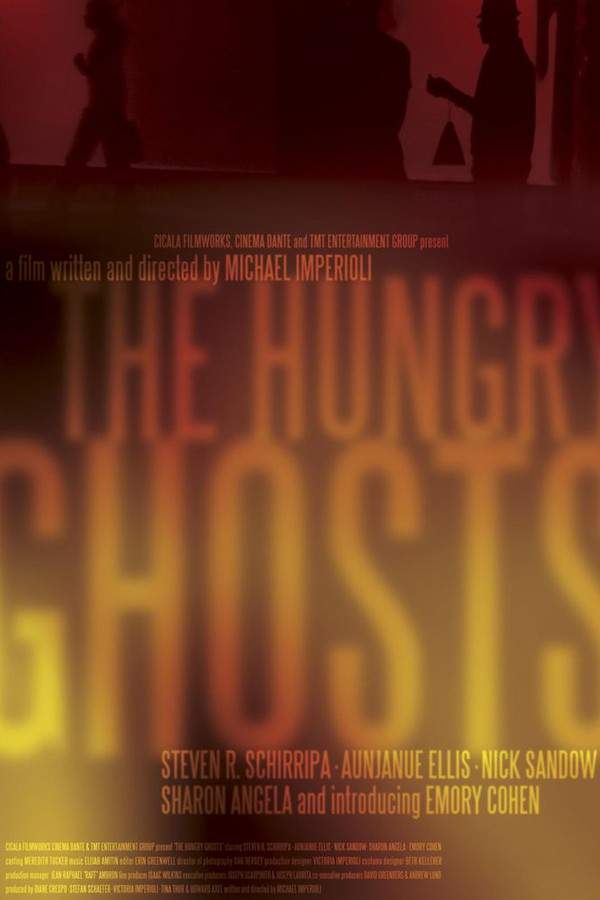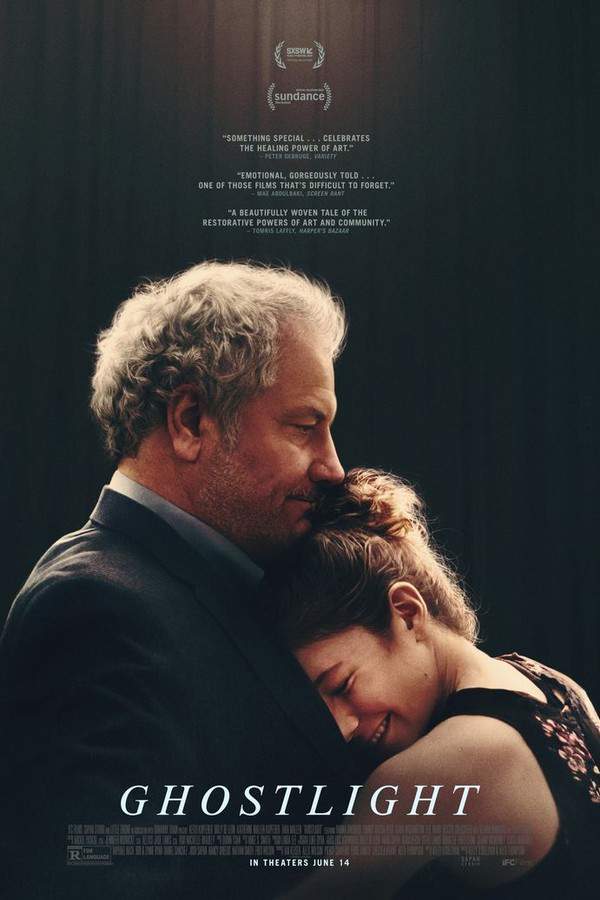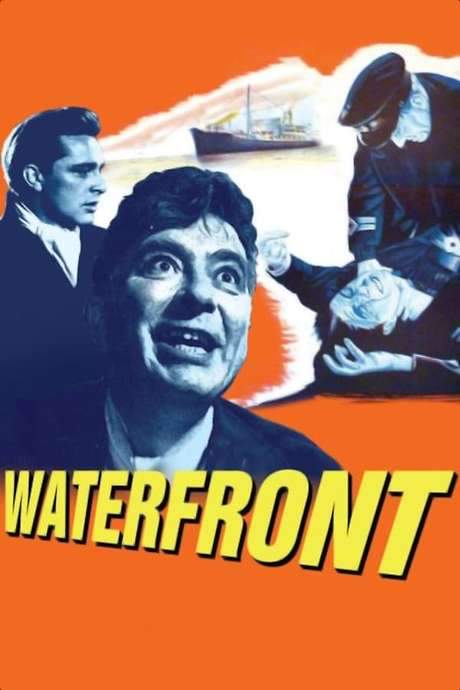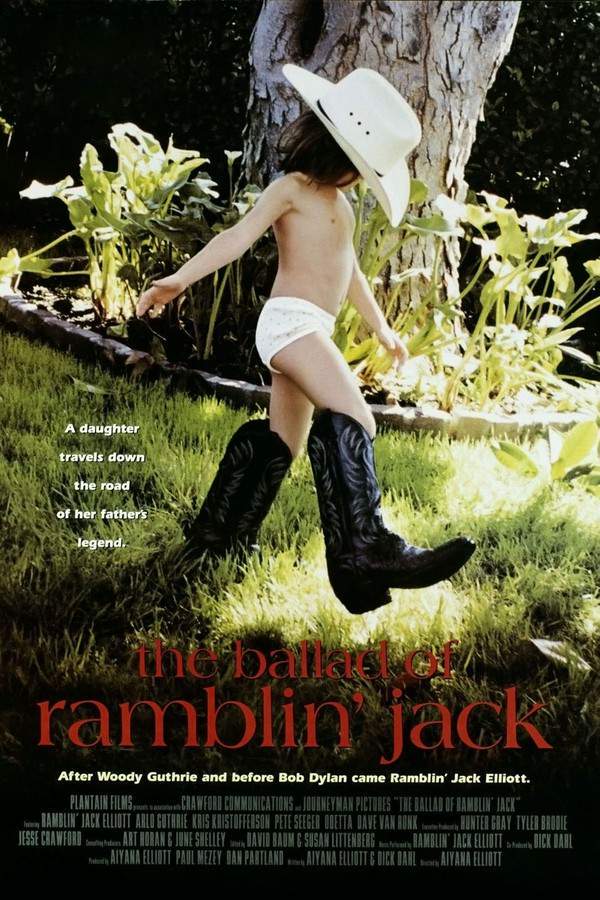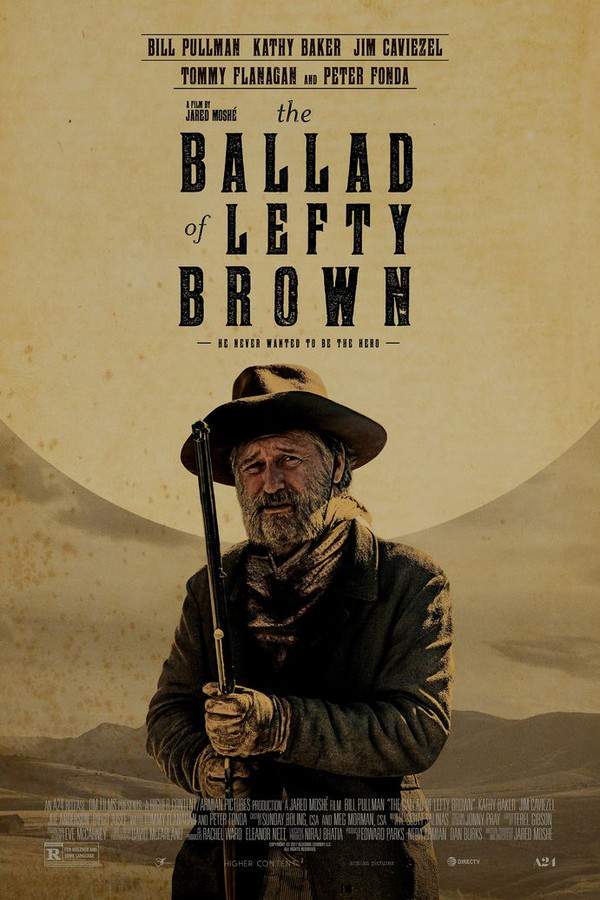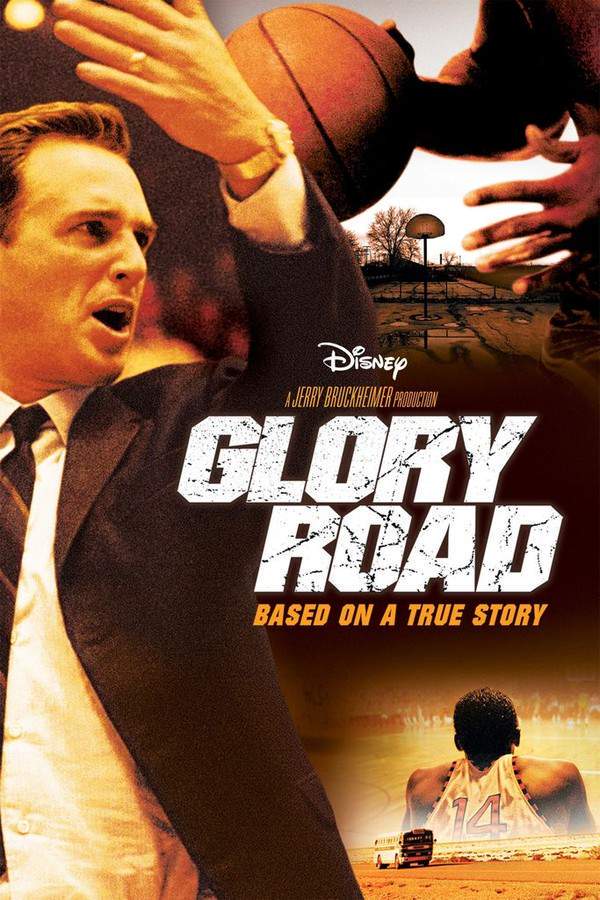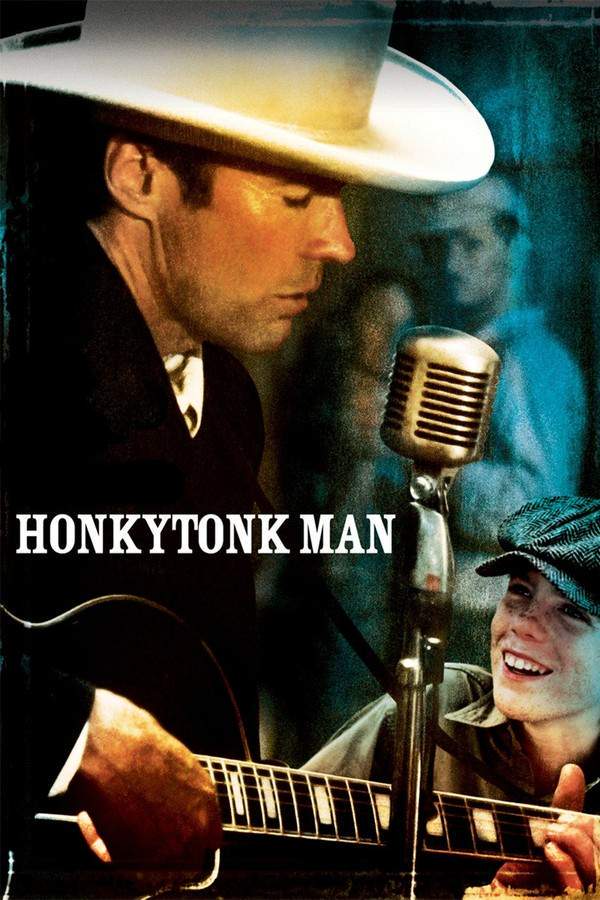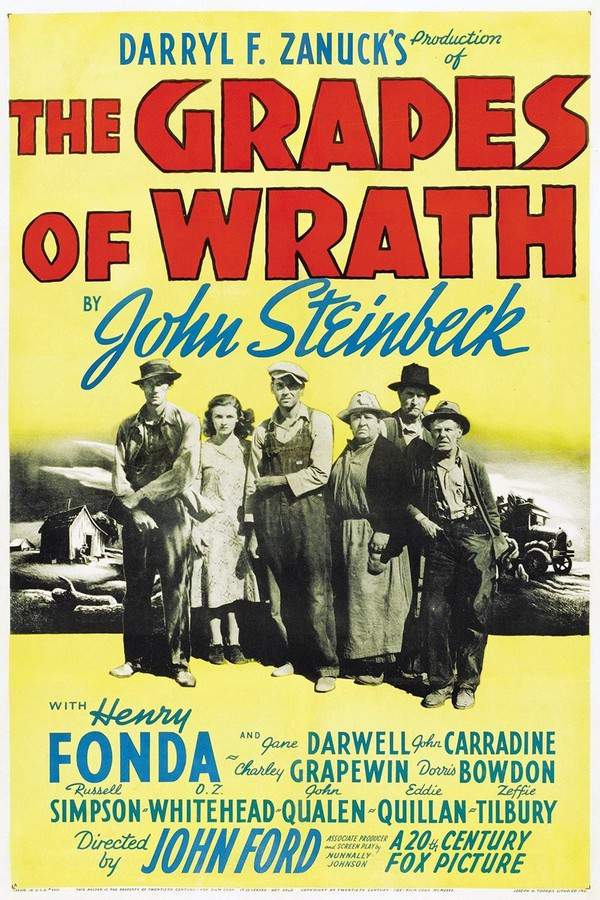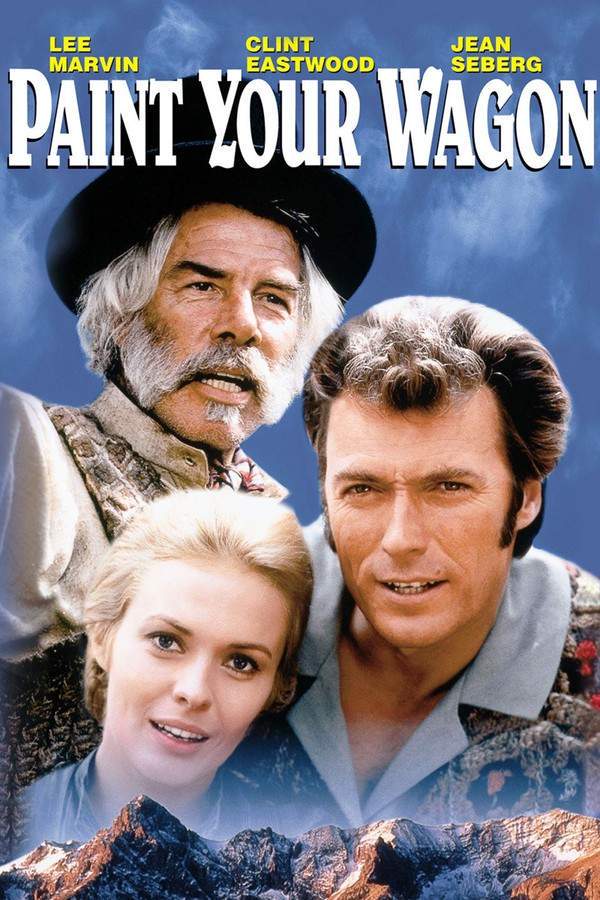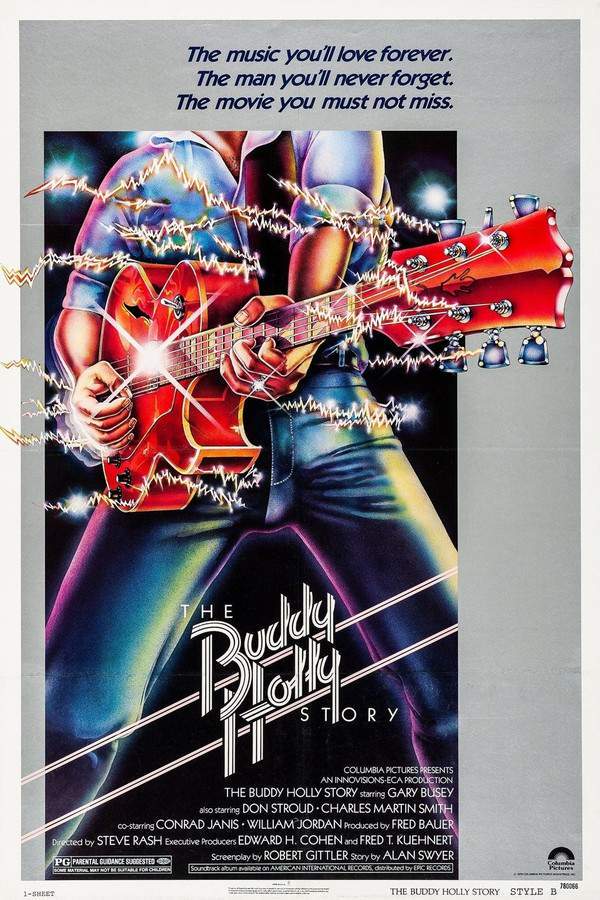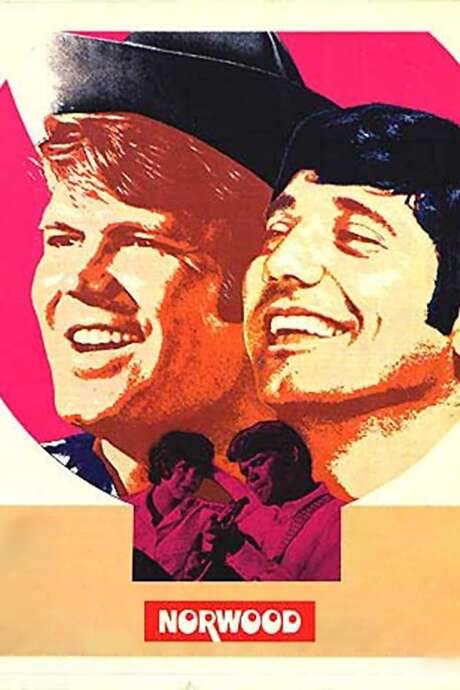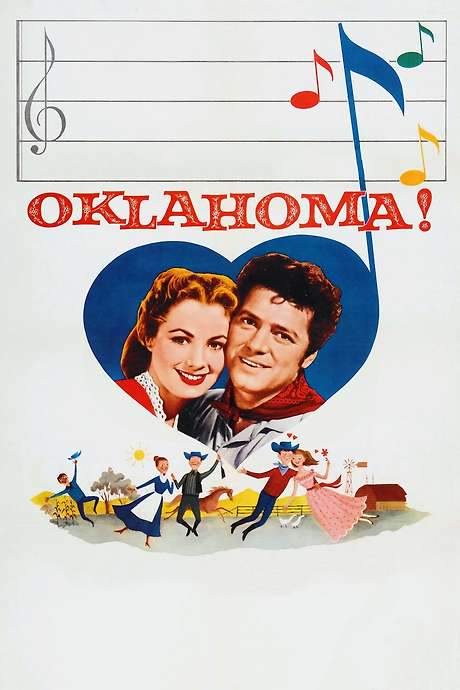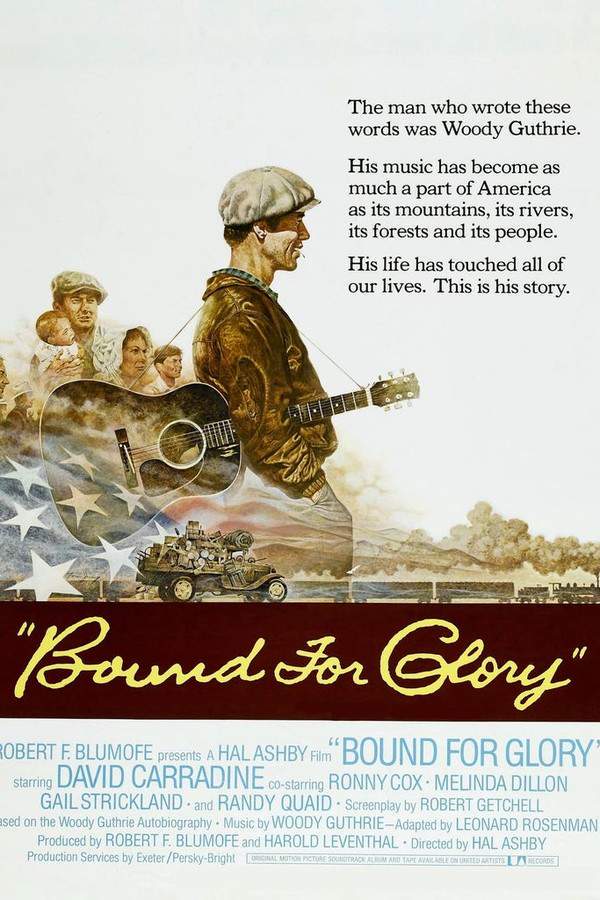
Bound for Glory
Year: 1976
Runtime: 147 min
Language: English
Director: Hal Ashby
During the hardships of the Dust Bowl era, Woody Guthrie leaves his family in Oklahoma and travels to California. This journey marks the beginning of his career as a folk singer and social commentator. He finds guidance from Ozark Bule, dedicating himself to his music and activism, even as it strains his personal relationships and the life he knew before.
Warning: spoilers below!
Haven’t seen Bound for Glory yet? This summary contains major spoilers. Bookmark the page, watch the movie, and come back for the full breakdown. If you're ready, scroll on and relive the story!
Bound for Glory (1976) – Full Plot Summary & Ending Explained
Read the complete plot breakdown of Bound for Glory (1976), including all key story events, major twists, and the ending explained in detail. Discover what really happened—and what it all means.
In 1936, during the height of the Great Depression, Woody Guthrie [David Carradine] plays his guitar at a roadside gas station. A curious customer offers a dollar to anyone who can ease his worries, and Guthrie rises to the challenge with a thoughtful, heartfelt answer that resonates with him and the crowd. Buoyed by this small moment of connection, he turns his attention to a new task—painting a sign—yet his enthusiasm rides roughshod over his wife, Mary Guthrie [Melinda Dillon], and their precarious finances. Rather than continuing the sign, Guthrie dives back into music, leaving Mary to cope with the family’s fragile income.
From there, the film follows Guthrie through a string of small, defining moments. At a local bar, he performs for a woman named Sue Ann and spends the night with her, while later on the porch he meets Heavy Chandler, a recently released mental patient, encouraging him to vent his thoughts through painting. After a square dance, a dust storm drives everyone indoors, and Guthrie suggests to Mary that he should head out again to seek work, ultimately departing with only a note to mark his exit.
The journey pushes Guthrie onto trains and into the lives of other hobos. He rides with Slim Snedeger and others, but a sudden altercation forces him to jump to a different train; when the rail guards force those without money off, Guthrie continues on foot as Slim finds a way ahead. A later encounter with a middle‑class couple that offers a ride ends poorly, and Guthrie ends up in a bar again, earning a meal and a night with a waitress before joining a family headed for California—only to be turned away at the border when they’re asked for fifty dollars.
Seeking work, Guthrie finds himself at a nearby hobo camp, where he meets Luther and Liz Johnson, a migrant couple struggling to find steady employment. The conditions are harsh and pay is meager, so Guthrie offers to paint a sign at a soup kitchen, receiving only a bowl of soup in return. The visit of Ozark Bule, a union organizer, marks a turning point as Guthrie witnesses the power of collective action, songs that speak to the laboring masses, and the clash with company thugs that follows.
With Ozark’s help, Guthrie lands a radio job that gives his working‑class anthems a wider audience. Yet the station owner, Mr. Locke, insists Guthrie keep his material light and avoid union topics. Guthrie initially agrees but soon returns to protest songs, clashing with the boss and losing his slot. He brings Mary and their children to Los Angeles, but the glittering city life around them makes him feel like an outsider. Luther’s bruised face and his words about how Guthrie’s songs lift workers fuel a growing resolve in him to stay true to his voice.
Frustration boils over as Guthrie tears up a list of “safe” songs, exits the studio, and resumes performing at migrant camps and factories. At a fruit-packing plant, he is assaulted by company enforcers who break his guitar, yet he presses on, boarding trains to travel and perform wherever there is need. When Locke offers one final chance in Los Angeles, Guthrie is terminated again after dedicating a song to farm workers.
Mary and the children have left him behind, and an agent arranges a coast‑to‑coast radio show along with an audition at the Ambassador Hotel. The hotel owner offers a contract, but only if Guthrie wears overalls and is presented as part of a hillbilly act. Refusing to play to the wealthy’s fantasies, Guthrie walks out, returns to the railroad yard, and climbs onto a train once more. From the top of a boxcar, he resumes singing protest songs, staying grounded in his roots and ideals as he continues to speak for the workers who inspired him.
Last Updated: October 09, 2025 at 15:47
Explore Movie Threads
Discover curated groups of movies connected by mood, themes, and story style. Browse collections built around emotion, atmosphere, and narrative focus to easily find films that match what you feel like watching right now.
Bittersweet Journeys of Artistic Awakening like in Bound for Glory
Stories where finding a creative voice brings purpose but carries a heavy personal price.If you liked Bound for Glory, explore more movies about the transformative yet costly path of artistic and political awakening. These films feature protagonists who find their voice through struggle, often at the expense of personal relationships, resulting in hopeful but bittersweet stories similar to Woody Guthrie's.
Narrative Summary
These narratives follow a character's evolution from a state of personal or social obscurity into a role of creative or activist significance. The central conflict is often between the demands of their newfound purpose and the comforts of their former life, culminating in an ending that validates their artistic or social contribution while acknowledging the loneliness and loss it entailed.
Why These Movies?
Movies in this thread are united by a shared emotional arc: the triumphant yet painful birth of an artist or activist. They blend a tone of melancholic determination with a steady, character-driven pace, focusing on the heavy emotional weight of choosing a path defined by principle over personal ease.
Gritty Social Realism in Harsh Historical Eras like Bound for Glory
Unflinching portrayals of ordinary people fighting for dignity during times of great social hardship.Find movies like Bound for Glory that offer a raw, grounded look at life during periods of great social and economic hardship. These films share a gritty, melancholic tone and a steady pace, portraying the resilience of individuals and communities facing systemic challenges, similar to the Dust Bowl journey depicted here.
Narrative Summary
Stories in this thread are defined by their authentic depiction of a challenging historical setting, such as an economic depression or social upheaval. The plot often follows a linear, straightforward journey of survival and awakening, where characters navigate a harsh world, encounter social injustice, and discover a sense of collective identity or purpose.
Why These Movies?
These films are grouped by their commitment to social realism and a specific, atmospheric historical context. They share a melancholic yet determined vibe, a steady pacing that allows for immersion in the era, and a medium intensity that balances stark realities with moments of human connection and hope.
Unlock the Full Story of Bound for Glory
Don't stop at just watching — explore Bound for Glory in full detail. From the complete plot summary and scene-by-scene timeline to character breakdowns, thematic analysis, and a deep dive into the ending — every page helps you truly understand what Bound for Glory is all about. Plus, discover what's next after the movie.
Bound for Glory Timeline
Track the full timeline of Bound for Glory with every major event arranged chronologically. Perfect for decoding non-linear storytelling, flashbacks, or parallel narratives with a clear scene-by-scene breakdown.

Characters, Settings & Themes in Bound for Glory
Discover the characters, locations, and core themes that shape Bound for Glory. Get insights into symbolic elements, setting significance, and deeper narrative meaning — ideal for thematic analysis and movie breakdowns.

Bound for Glory Spoiler-Free Summary
Get a quick, spoiler-free overview of Bound for Glory that covers the main plot points and key details without revealing any major twists or spoilers. Perfect for those who want to know what to expect before diving in.

More About Bound for Glory
Visit What's After the Movie to explore more about Bound for Glory: box office results, cast and crew info, production details, post-credit scenes, and external links — all in one place for movie fans and researchers.

Similar Movies to Bound for Glory
Discover movies like Bound for Glory that share similar genres, themes, and storytelling elements. Whether you’re drawn to the atmosphere, character arcs, or plot structure, these curated recommendations will help you explore more films you’ll love.
Explore More About Movie Bound for Glory
Bound for Glory (1976) Scene-by-Scene Movie Timeline
Bound for Glory (1976) Movie Characters, Themes & Settings
Bound for Glory (1976) Spoiler-Free Summary & Key Flow
Movies Like Bound for Glory – Similar Titles You’ll Enjoy
The Ballad of Ramblin' Jack (2000) Film Overview & Timeline
The Ballad of Lefty Brown (2017) Film Overview & Timeline
Glory Road (2006) Complete Plot Breakdown
Honkytonk Man (1982) Ending Explained & Film Insights
The Grapes of Wrath (1940) Full Summary & Key Details
The Trip to Bountiful (1986) Movie Recap & Themes
Paint Your Wagon (1969) Spoiler-Packed Plot Recap
The Buddy Holly Story (1978) Detailed Story Recap
Cowboy Dave (2017) Film Overview & Timeline
Woody Guthrie: Ain’t Got No Home (2006) Full Summary & Key Details
Way Out West (1930) Story Summary & Characters
Wagon Wheels (1934) Movie Recap & Themes
Norwood (1970) Complete Plot Breakdown
The Glory Guys (1965) Plot Summary & Ending Explained
Oklahoma! (1955) Full Movie Breakdown

